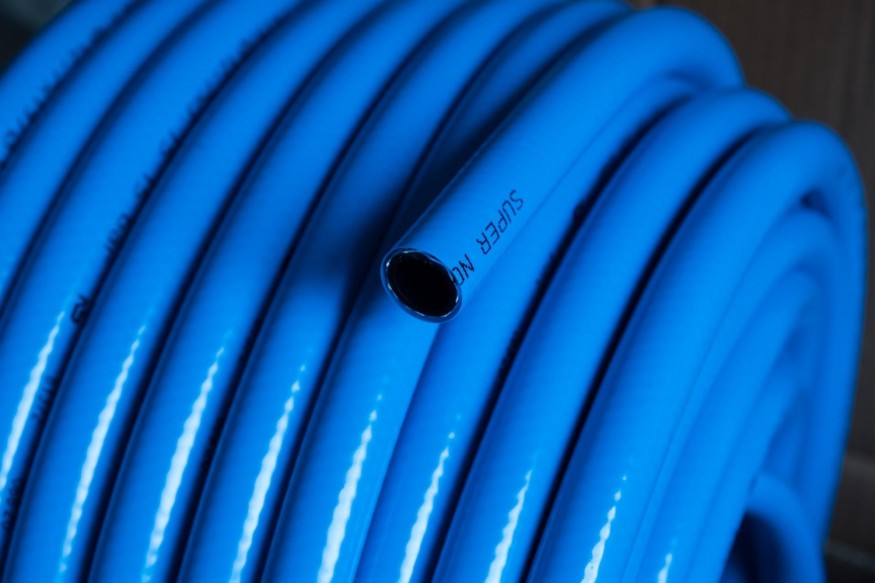
PVC has been used for a long time in different applications, especially in the electrical industry. It is a sturdy and neat material that produces great results in certain applications. However, PVC has some serious disadvantages. Here are some of the reasons why you should consider other conduit materials for commercial applications.
Physical Weakness
Compared to metal, PVC is a very weak material. It breaks easily when it is exposed to compression or impact forces, which makes it terrible for outdoor applications. PVC also sags when installed in longer runs. This means that you have to think about supporting it for these applications.
Temperature
A major weakness of PVC becomes evident when you expose the material to heat. PVC is great for water systems and the like because it is self-insulating. It can handle hot water and gases and high temperature up to a certain point and then starts melting.
PVC is also not resistant to flames. This means you cannot use the material in applications where there is likely to be fire. If you want your wiring and telecommunications cables protected from fire, you should consider using conduits from the nonmetallic phenolic conduit system made by FRE Composites.
Toxicity
PVC can seem like an inert material, but it is not. PVC is made using some harmful chemicals such as chlorine and bromine. These materials are released as toxic gasses if the PVC conduit is exposed to flames. A lot of people have been harmed when trying to bend PVC pipes and conduits over open flames, so be aware of this if you want to use PVC for any reason.
PVC also contains some compounds that are harmful to the environment. This is of particular concern if PVC conduits are to be run underground. These compounds can leach into the soil and cause serious environmental issues and concerns.
Weight
PVC runs are very light, but they can get heavy depending on the thickness of the conduit's walls. Lighter PVC comes with advantages and disadvantages. On the one hand, it is easier to work with and on the other, it is prone to break and crack if it is dropped or stepped on.
Additionally, PVC pipes are a lot less likely to survive an earthquake or an accident such as a car hitting a building.
Exposure to Sunlight
PVC is affected a lot by UV rays. As it is exposed, it releases some compounds within it, and this is why PVC gets brittle as it ages. Compare this to fiberglass conduit. Fiberglass is not susceptible to UV rays and thus lasts a lot longer than PVC.
Rigidity
PVC is so hard to work with because it is also very rigid. This means you have to think about your runs and bends carefully before you start working. For this, you will need special tools. Save yourself all this headache and go for options like metal and fiberglass.
While PVC is a relatively affordable material, it has some serious drawbacks that you need to think about if you are considering using it in a project. Some materials such as fiberglass do not come with any of these concerns and are, therefore, a much better option.
© 2025 Realty Today All rights reserved. Do not reproduce without permission.



